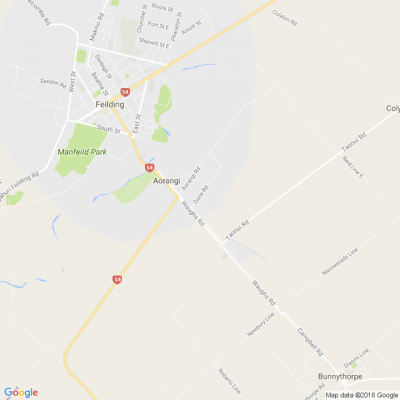How to make your food last longer
Tips to extend the shelf life of popular staples, such as bread, flour and fruit.
Dealing with a bulging pantry? Here are our tips to get the longest life out of your cupboard staples and fresh produce.
Best-before and use-by dates: know the difference: Best-before dates give you information about food quality. Food can be eaten and sold after its best-before date. However, it may have lost some nutritional value and might not taste the best. If a food has a shelf-life of two or more years, it doesn’t need a best-before date.
As soon as you open any food’s packaging, its shelf life becomes the same as if the product was unpackaged. How long it’s safe to eat depends on several factors: its water and protein content, quality when you bought it, and how it’s been stored.
Use-by dates are usually on perishable foods such as poultry and deli foods. A food can’t legally be sold after its use-by date and shouldn’t be eaten because it can make you sick.
Bread: Bread keeps the longest in the freezer (though it’s not as convenient, as you have to wait for it to defrost). If you’re a pantry-only fan, it should be kept in its packaging (paper or plastic if it’s homemade) and stored in a cool dry area– ideally in a bread tin if you have one. A good compromise is the middle shelf of the fridge, but it will still get stale as it dries out.
If your bread’s stale, whiz it in the food processor to make breadcrumbs, which you can then pop into a resealable container for freezing. You can use it to crumb meat and fish or add it to dishes (for example, meatballs or pasta bakes).
Tip: Freeze half your loaf and keep the other half out. The half in the freezer won’t get stale or mouldy.
Eggs: Eggs keep longer in the fridge but they can be stored at room temperature (as long as it’s 15°C or lower). Either way, store your eggs in their original carton: it keeps them safe from cracking, slows moisture loss, stops them absorbing other food smells and you’ll know the best-before date.
Tip: Check eggs are safe to eat with the float test. Place the egg in a bowl or cup of water. If the egg sinks, it’s good to eat. If it floats, throw it away.
Flour and dry ingredients: Store your flour in a large, airtight container that your measuring cup can fit in. A container with a screw-top is best, but any well-sealed lid will be fine. Transfer other dry ingredients (for example, baking powder and baking soda) that don’t come in resealable packets to an airtight container. Or use a resealing bag clip.
This help prevents weevils getting into your baking stash. Some people swear that adding a bay leaf will keep weevils away.
Pantry moths are sometimes lurking in your dry goods – sometimes in new purchases. Freezing the ingredients should kill the moths and any larvae. Wrap the goods in a plastic bag and freeze for two days, before then storing in an airtight container.
Sugar: Sugar should be stored in an airtight container in a cool, dry place. It shouldn’t be kept in the fridge because this exposes it to moisture, which can make it go hard.
Sugar doesn’t have a best-before date because it doesn’t grow mould.
Keep reading: www.curtainclean.co.nz...

Poll: As a customer, what do you think about automation?
The Press investigates the growing reliance on your unpaid labour.
Automation (or the “unpaid shift”) is often described as efficient ... but it tends to benefit employers more than consumers.
We want to know: What do you think about automation?
Are you for, or against?

-
9.4% For. Self-service is less frustrating and convenient.
-
43.6% I want to be able to choose.
-
47.1% Against. I want to deal with people.
Wanted: Older Female Rabbit to Adopt
I'm looking for an older female rabbit to adopt as a companion for my desexed male Arlo.
He is sweet but a little bit bossy so an ideal companion would be gentle and happy to let him wear the pants, so to speak.
Once bonded they would live their best rabbit lives sharing a large insulated hutch in a 20m x 3m outside enclosure on a lovely peaceful farm in Ashhurst.
His female companion recently passed away and he is really missing having the company of another rabbit.
Time to Tickle Your Thinker 🧠
If a zookeeper had 100 pairs of animals in her zoo, and two pairs of babies are born for each one of the original animals, then (sadly) 23 animals don’t survive, how many animals do you have left in total?
Do you think you know the answer? Simply 'Like' this post and we'll post the answer in the comments below at 2pm on the day!
Want to stop seeing these in your newsfeed? No worries! Simply head here and click once on the Following button.










 Loading…
Loading…















